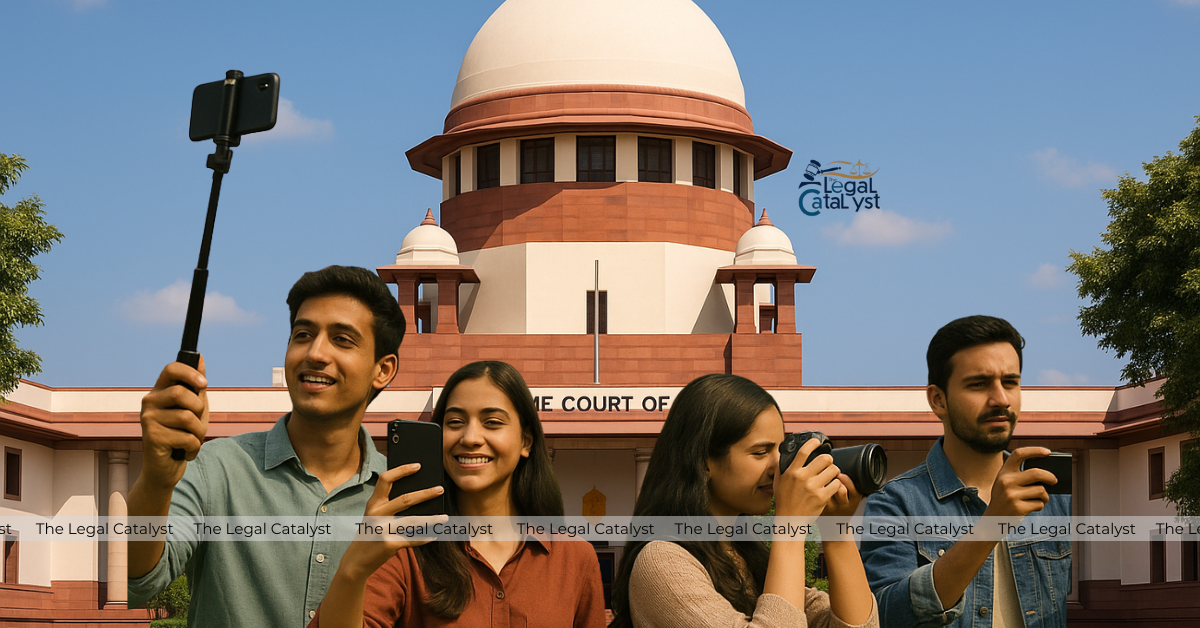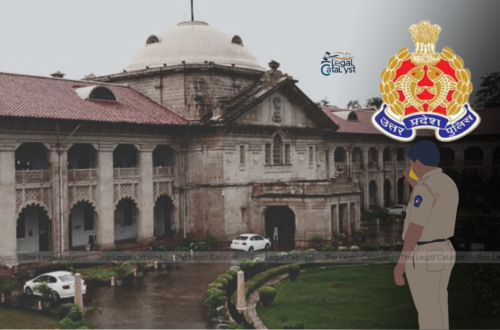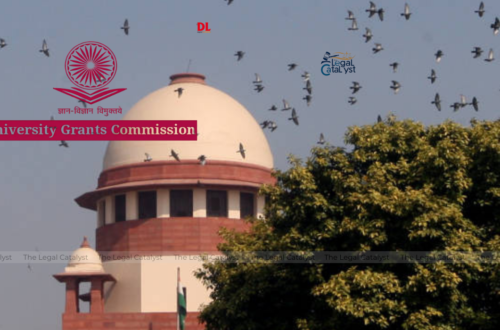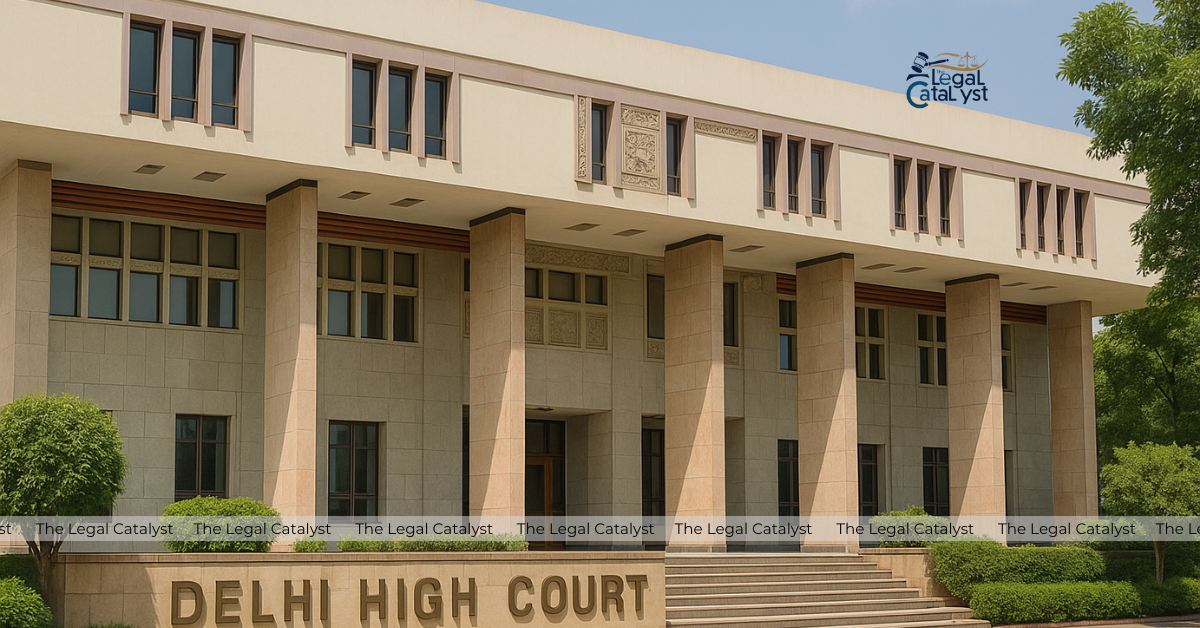New Delhi, July 25 — The Supreme Court Advocates-on-Record Association (SCAORA) has urged Chief Justice of India (CJI) Justice D.Y. Chandrachud to issue immediate institutional guidelines. These guidelines aim to control the increasing trend. Advocates are filming reels, promotional videos, and social media content within the Supreme Court premises. This includes high-security areas.
SCAORA sent an official communication to the CJI. They flagged an “alarming rise” in advocates creating content on platforms. These platforms include Instagram, YouTube, Facebook, and X (formerly Twitter). The letter was signed by SCAORA President Vipin Nair. It was also signed by Honorary Secretary Nikhil Jain. This letter followed an internal resolution passed by the Association.
According to the Association, many of these videos appear to promote individual lawyers. They do this through visible contact information. Occasionally, these videos are tagged with disclaimers. They also engage in indirect legal solicitation. These actions are explicitly prohibited by the Bar Council of India Rules.
“Such activities diminish the dignity and decorum of the legal profession. They also risk eroding public trust in the legal system,” the letter stated.
The letter particularly criticized Advocates-on-Record (AoRs) for participating in such acts. They have a heightened responsibility. Their role is crucial in ensuring professional integrity. The Association also expressed concern over instances of courtroom livestream clips being misused in social media content. This misuse potentially leads to distortion of judicial proceedings. It can also cause public misinformation.
“Hon’ble Judges of the Supreme Court have repeatedly expressed apprehensions about misuse of short video clips. These clips, especially those taken out of context from live streams, can result in misinformation and sensationalism. This can undermine judicial authority,” the letter noted.
SCAORA requested the CJI to consider the following measures:
- A blanket prohibition on any form of videography, photography, or content creation inside the Supreme Court premises, particularly in restricted zones, unless explicitly permitted;
- Reinforcement of the Bar Council’s restrictions on public solicitation by lawyers;
- A ban on the unauthorised circulation of courtroom footage or livestreams outside official Supreme Court platforms;
- Initiation of disciplinary action against violators, especially AoRs, to ensure accountability.
A separate representation was submitted to the Supreme Court Bar Association (SCBA). It was also presented to the SCAORA executive. The document reiterated the concerns and urged internal regulatory action. The representation is dated July 25. It was signed by 42 members of the Bar. It was also marked to the Bar Council of India and the Bar Council of Delhi.
The signatories expressed concern over inaccurate and misleading legal content being uploaded online. They warned that even AoRs were engaging in such practices. This sets a troubling precedent.
The developments indicate a growing call within the legal fraternity. They aim to uphold the decorum, ethics, and integrity of judicial institutions. This effort comes in the face of rising social media influence.
Connect with us on Instagram – X – LinkedIn for daily updates, quizzes, and other materials.
Also Read
Taunting Wife Over Complexion Not Cruelty Under IPC 498A: Bombay High Court Rules






